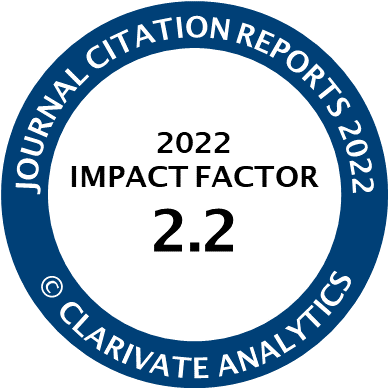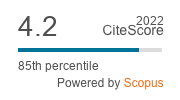Article | Open Access
The Political Economy of Extraterritoriality
| Views: | 3660 | | | Downloads: | 3759 |
Abstract: Near the end of the 2009 Term the Supreme Court decided Morrison v. Australia National Bank, Ltd., the strongest anti-extraterritoriality opinion it has produced in modern times. Not only is Congress presumed generally to prefer only territorial regulation, but lower courts that had carved out exceptions from this principle over a long period of time must now revisit their positions. Again this year in Kiobel v. Royal Dutch Shell Co. the Court relied on an aggressive use of the presumption against extraterritoriality to cut back on an important field of private litigation. The Court appears to have embraced two related stances: The imposition of barriers to extraterritorial regulation generally advances welfare, and the lower courts cannot be trusted to determine those instances where an exception to this rule might be justified. Implicit in the Court's position are intuitions about the political economy of both legislation and litigation. I want to use the occasion of the Morrison and Kiobel decisions to consider the political economy of extraterritorial regulation by the United States. International lawyers for the most part have analyzed state decisions to exercise prescriptive jurisdiction over extraterritorial transactions in terms of a welfare calculus that determines the likely costs and benefits to the state as a whole. Fewer studies have considered the political economy of the decision whether to regulate foreign transactions. No work of which I am aware has considered the political economy of deciding the extraterritorial question through litigation. This paper seeks to fill these gaps by sketching out what political economy suggests both about extraterritoriality and the role of courts as arbiters of extraterritoriality.
Keywords: international economic regulation; political economy of litigation; political economy of regulatory jurisdiction; regulatory jurisdiction
Published:
© The author(s). This is an open access article distributed under the terms of the Creative Commons Attribution 4.0 license (http://creativecommons.org/licenses/by/4.0), which permits any use, distribution, and reproduction of the work without further permission provided the original author(s) and source are credited.




